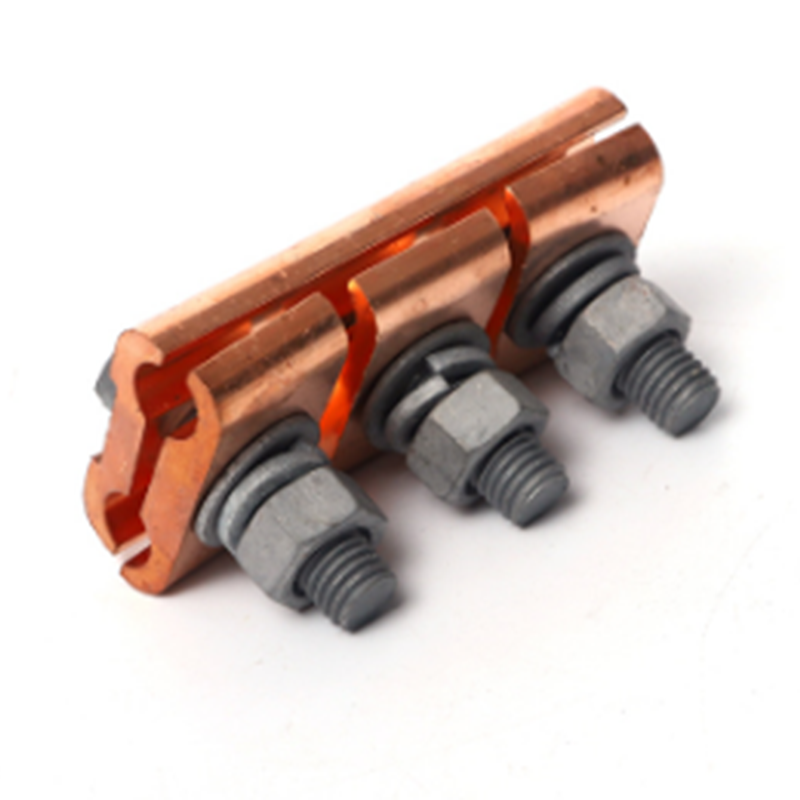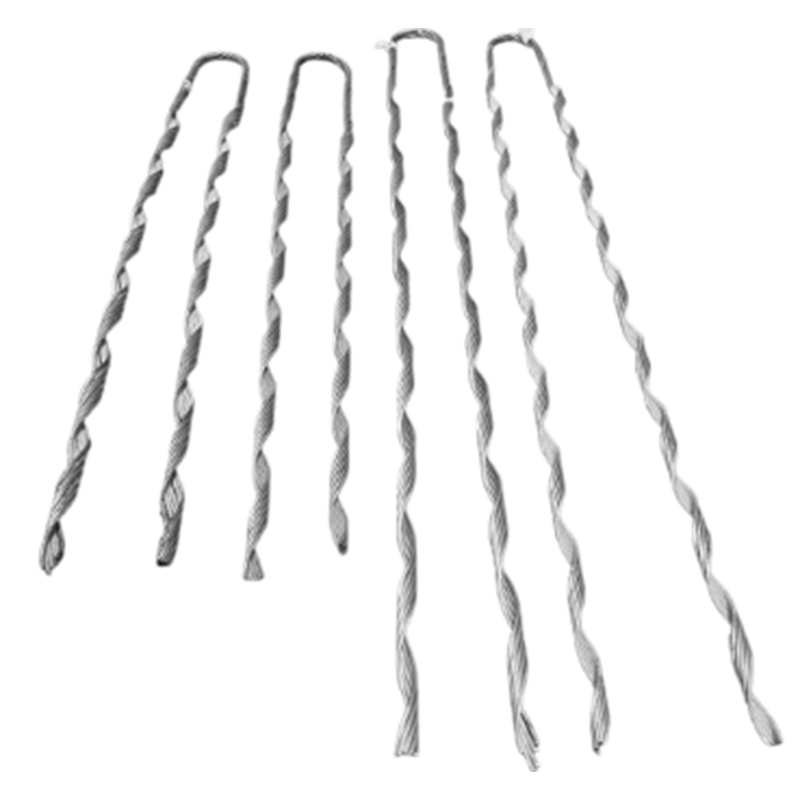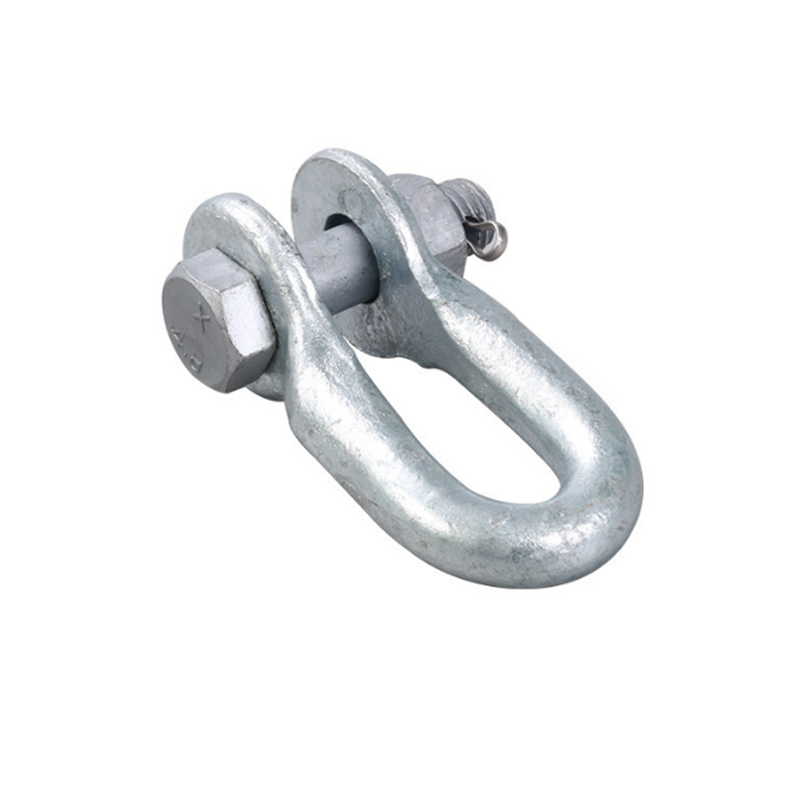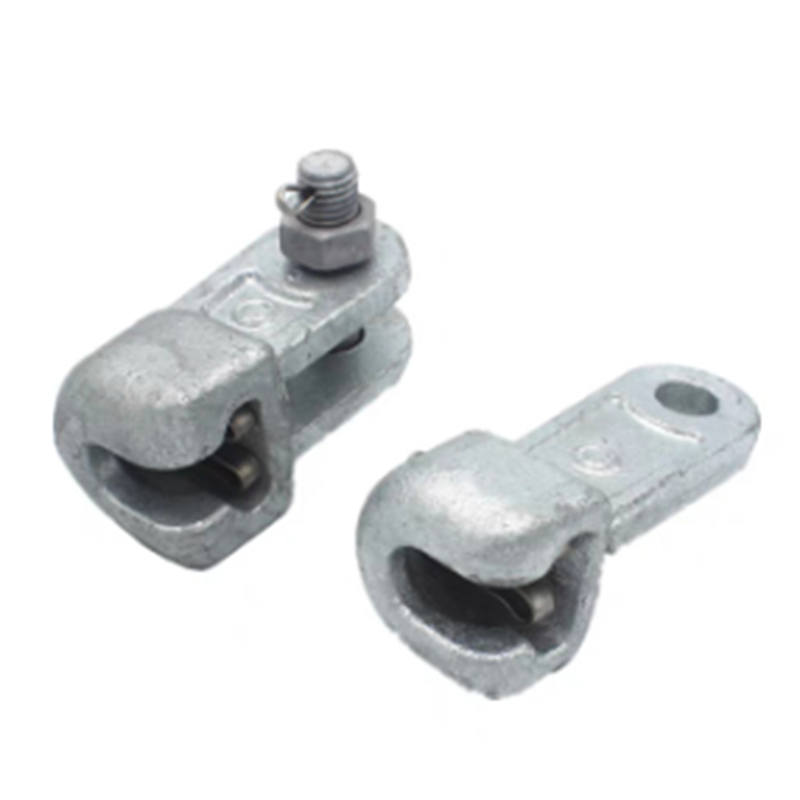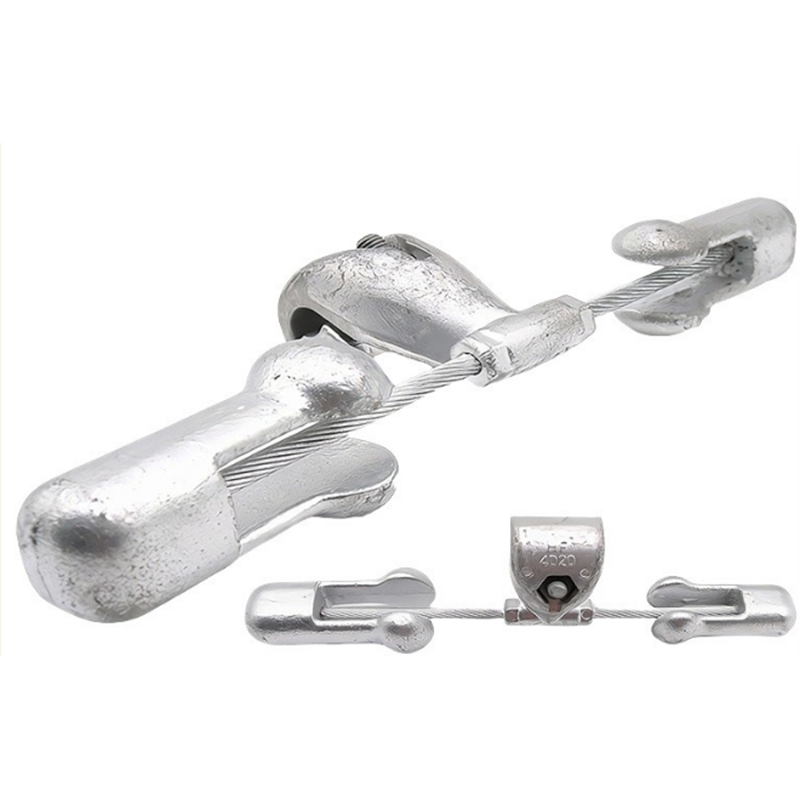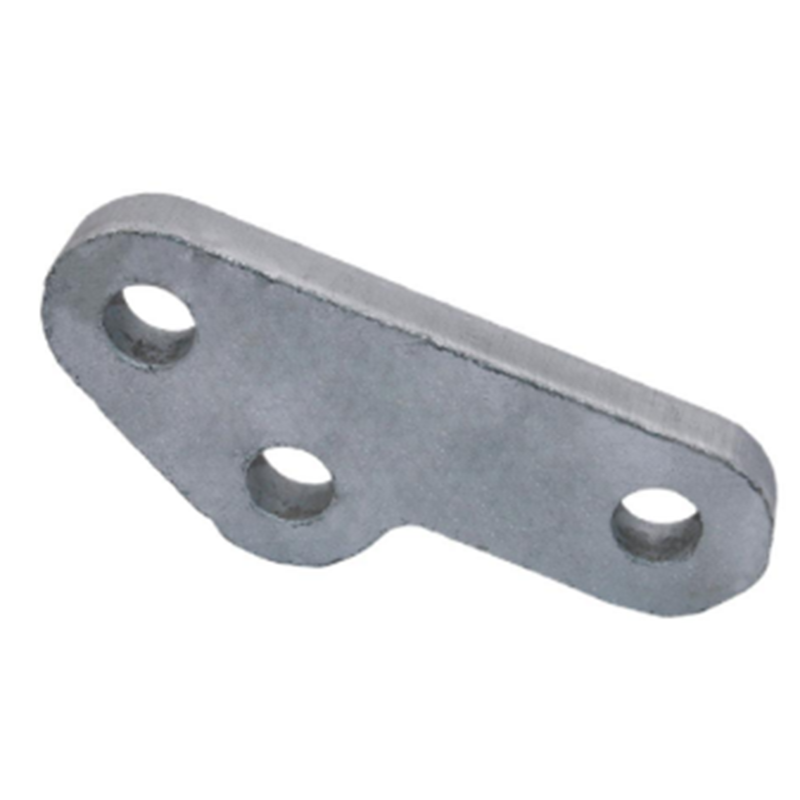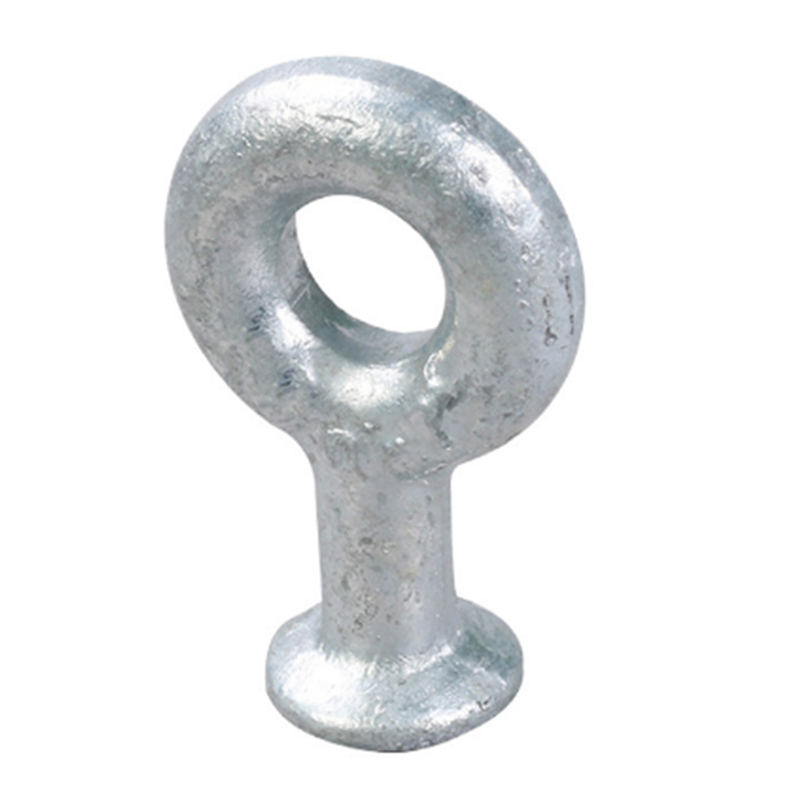- Chinese
- French
- German
- Portuguese
- Spanish
- Russian
- Japanese
- Korean
- Arabic
- Irish
- Greek
- Turkish
- Italian
- Danish
- Romanian
- Indonesian
- Czech
- Afrikaans
- Swedish
- Polish
- Basque
- Catalan
- Esperanto
- Hindi
- Lao
- Albanian
- Amharic
- Armenian
- Azerbaijani
- Belarusian
- Bengali
- Bosnian
- Bulgarian
- Cebuano
- Chichewa
- Corsican
- Croatian
- Dutch
- Estonian
- Filipino
- Finnish
- Frisian
- Galician
- Georgian
- Gujarati
- Haitian
- Hausa
- Hawaiian
- Hebrew
- Hmong
- Hungarian
- Icelandic
- Igbo
- Javanese
- Kannada
- Kazakh
- Khmer
- Kurdish
- Kyrgyz
- Latin
- Latvian
- Lithuanian
- Luxembou..
- Macedonian
- Malagasy
- Malay
- Malayalam
- Maltese
- Maori
- Marathi
- Mongolian
- Burmese
- Nepali
- Norwegian
- Pashto
- Persian
- Punjabi
- Serbian
- Sesotho
- Sinhala
- Slovak
- Slovenian
- Somali
- Samoan
- Scots Gaelic
- Shona
- Sindhi
- Sundanese
- Swahili
- Tajik
- Tamil
- Telugu
- Thai
- Ukrainian
- Urdu
- Uzbek
- Vietnamese
- Welsh
- Xhosa
- Yiddish
- Yoruba
- Zulu
- Kinyarwanda
- Tatar
- Oriya
- Turkmen
- Uyghur

Threaded washers
Understanding Threaded Washers: Insights from the Field
Threaded washers often seem like just another component in the vast universe of fasteners. Yet, their role in ensuring security and stability can be pivotal. I’ve seen this firsthand, and it’s worth unpacking what goes into selecting and using them effectively.
Real World Impact of Threaded Washers
One might think a washer is just a washer. But the truth is, using the right threaded washer can make all the difference in assembly integrity. I’ve worked on projects where the clutch between washer and bolt ensured a zero-movement situation, critical for safety requirements in certain structures.
Let's look at specific scenarios. For example, I've used these washers across a variety of assemblies where vibration might become an issue. These washers grip the underside of a bolt head effectively, maintaining tension over time. It’s not uncommon to see projects fail when washers aren't deemed necessary—something I’ve become keenly aware of in industrial applications.
This segues into a broader reflection on the cost versus value when implementing them. Sure, you can opt for cheaper alternatives, but I recall an instance where poor choices led to a costly structural revision. Lessons learned.
Material Considerations
Now, material choice is a detail you can't overlook. Stainless steel, for instance, offers corrosion resistance, which I’ve found invaluable in outdoor assemblies. In contrast, for less demanding indoor applications, zinc-coated options provide good enough durability without unnecessarily driving up costs.
But there’s more. Working with Shengfeng Hardware Fastener Factory, I’ve noticed their array of materials. The staff there stresses that under specific conditions—such as increased moisture levels—deciding on the right material is everything. You don’t want to skimp here.
At Shengfeng, they often recommend customized solutions for specific environments, which I’ve found particularly handy when dealing with bespoke projects with unique demands.
Torque and Thread Interaction
Torque application is another crucial aspect. There’s a lot that can go wrong if you mismatch torque values with your threaded washer. I’ve mistakenly stripped threads more than once early in my career due to improper torque settings.
I remember attending a seminar at a local trade show where this was explained comprehensively. It became evident that applying the right torque ensures longevity and functionality. It made me reconsider how I approach every installation task.
Shengfeng’s products are engineered with this understanding in mind. On their site, https://www.sxwasher.com, they provide detailed torque guidelines for various washer-bolt combinations, a trove of knowledge that’s come through personal recommendations.
Applications and Versatility
The versatility of threaded washers is something I've appreciated over time. They’re everywhere—from mechanical fixations to household projects. Early on, I used them extensively in my automotive restoration hobby, and they never failed me.
In more demanding environments, such as construction or heavy machinery, I’ve found them indispensable. Case in point: once I partook in a bridge maintenance project where their role in load distribution turned out pivotal.
Here again, Shengfeng’s extensive product line offered options that precisely matched what the engineer specified. It reinforces the importance of having a trusted source for quality fasteners.
Potential Pitfalls
Of course, it's not all smooth sailing. I’ve bumped into my share of roadblocks when dealing with threaded washers. A common issue? Compatibility. Not all washers work with all bolt types. And sometimes, subtle discrepancies in thread measurement can throw off an entire assembly.
There’s also the problem of wear and tear. I underestimated this once on a project where metal fatigue set in sooner than expected. This mistake taught me the value of regular inspections and timely replacements.
Overall, handling these pitfalls requires attention to detail and a willingness to adapt based on past mistakes. The resources from a manufacturer like Shengfeng Hardware Fastener Factory are invaluable here, providing the guidance needed to avoid such errors.
Соответствующая продукция
Соответствующая продукция




